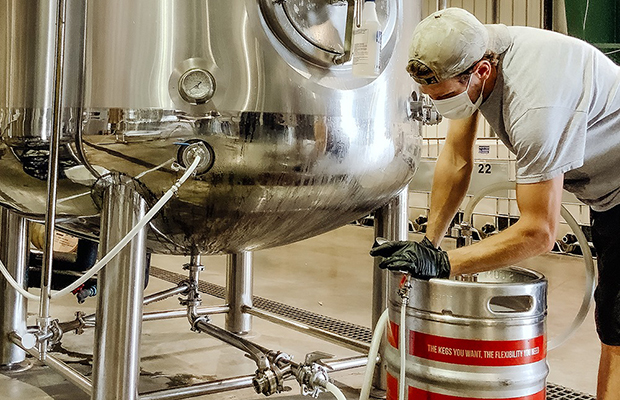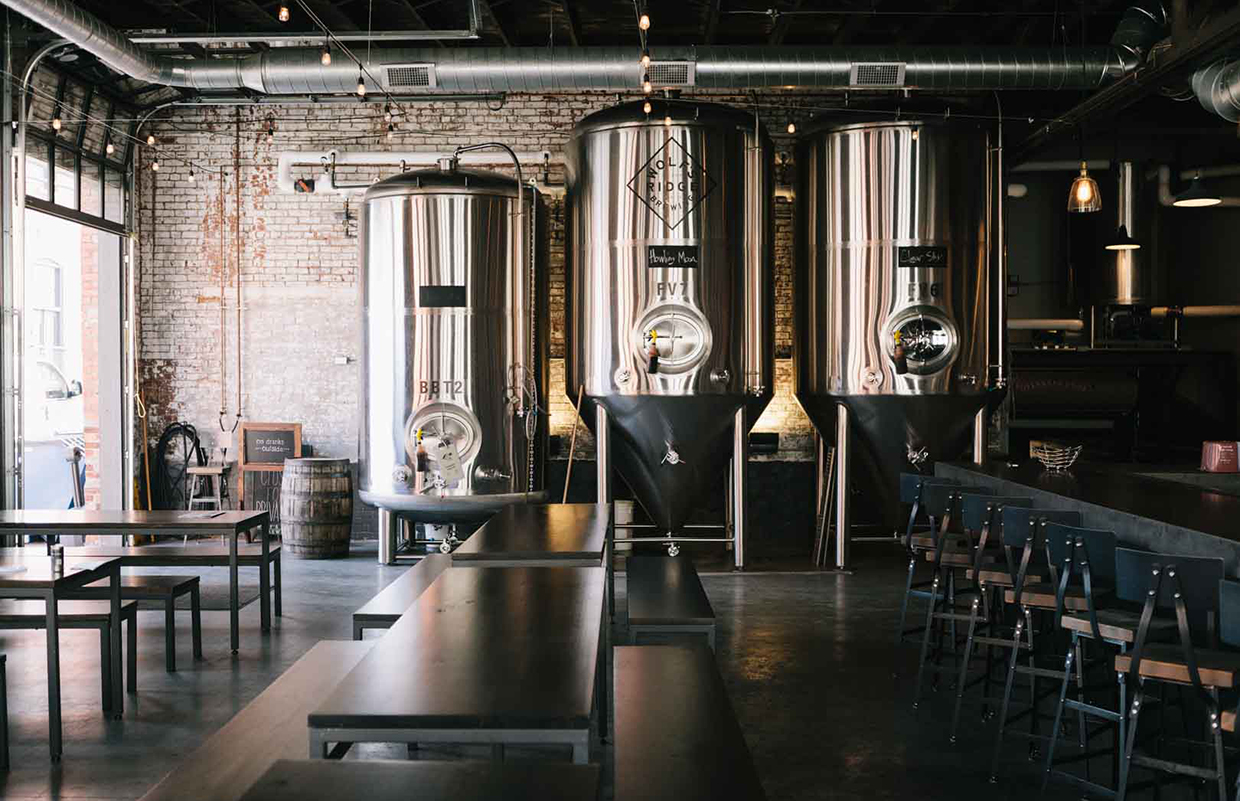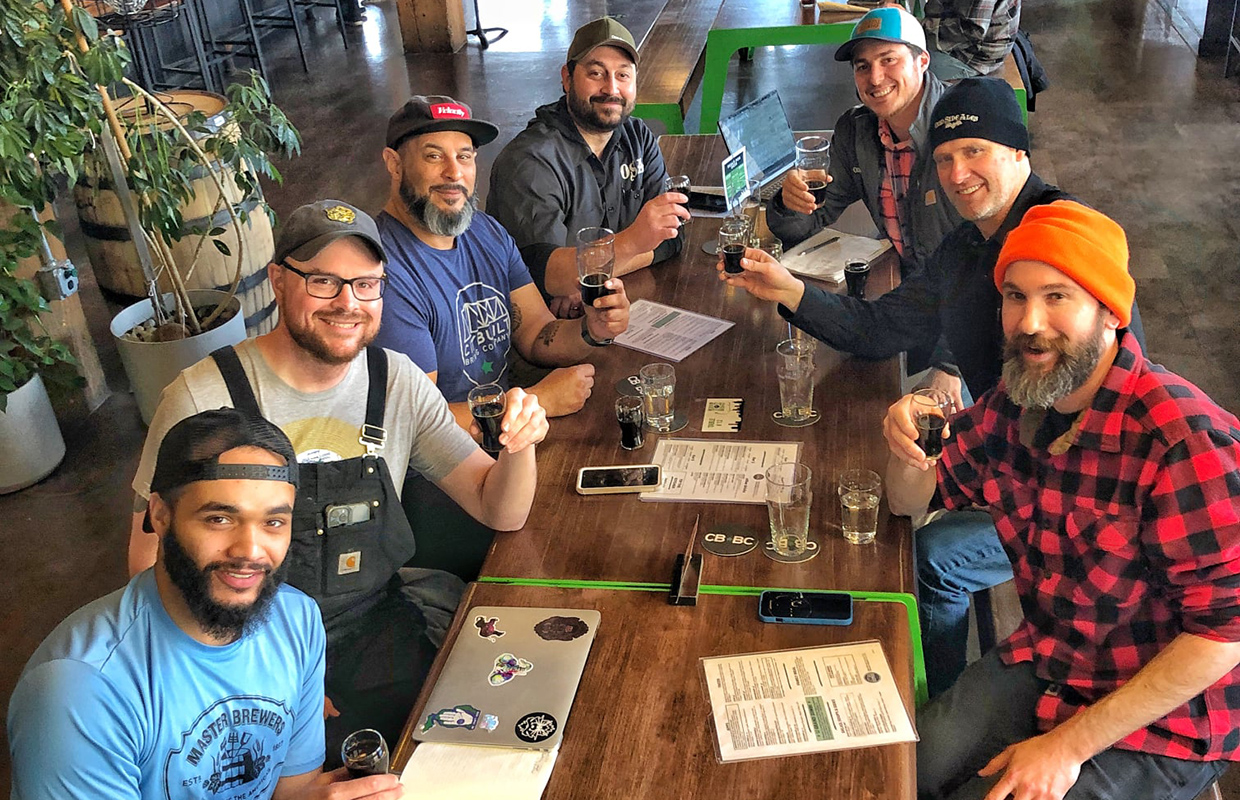
It’s been said that if you ever train for a marathon and finish one, you can’t not continue to train for the next one.
So just because your cider production team is putting out terrific-quality liquid doesn’t mean you don’t invest in furthering their education.
”Just like in any other profession, learning the newest trends, equipment, styles, and techniques is important to increase production capabilities, increase brand awareness, stay relevant and create the best quality and tasting cider you can,” said Urban Tree co-owner and Cidermaker Jackie Annise.
Jonathan Henning, the owner of Saro Cider, believes that further education improves his company’s cider and introduces the staff to creative minds in the cider world.
“This sparks curiosity, creativity, and innovation at our own facility,” he said. “It also slows our staff to meet and then collaborate and share ideas with others in the industry.
“We learn about best practices in other markets and try to bring that home.”
Some keys to Saro’s production that Henning said they have sought to better pasteurization and how it affects bottling, better yeast management, and broader flavor exploration.
Henning encourages and pays the cider team to attend cider conferences and has sent staff to cider making classes nationwide.
Entering the cider industry was a change of career for all of Urban Tree’s owners, which Annise said created a large learning curve when building out a cidery, especially with all the new equipment.
“What to order? Size? Shape? Model? How to hook up? How to run,” she said. ”This forced us to reach out to the manufacturers and local brewers for guidance and sometimes rescue.
“Many manufacturers have local representatives that will come and assist with all of your questions but they will also come into your area with classes for continuing education. These are relationships and tools that we will always utilize to improve the efficiency and functionality of our manufacturing facility.”
Annise added that creating relationships with industry professionals and being able to trade tips will allow cideries to develop while having the proper guidance and support.
”We believe that education is one of the most important parts of life in general and takes care of so many issues that could arise if you make the investment,” explained Brooke Glover, the co-founder of Swilled Dog Hard Cider and an executive with the American Cider Association. “So, of course, we’d like that to be very important to our team as well.”
The Urban Tree cider making team is currently at a staff of three and Annise said all of them are consistently interested in growing and expanding their craft knowledge.
Before the opening of the cidery, the cider makers and owners studied at the Cider and Perry Academy in England under the direction of Peter Mitchell.
And in 2019, the ACA introduced a Certified Cider Professional program which Urban Tree cider makers have taken and are striving for the Certified Pommelier accreditation.
One of Urban Tree’s cider makers is also a Certified Beer Server (Level 1) of the Cicerone program.
”She has no interest in brewing beer, however, some of the techniques and equipment carry over to cider making,” Annise said. ”When you have a team that is self-motivated, promoting continuing education comes naturally.”




Be the first to comment